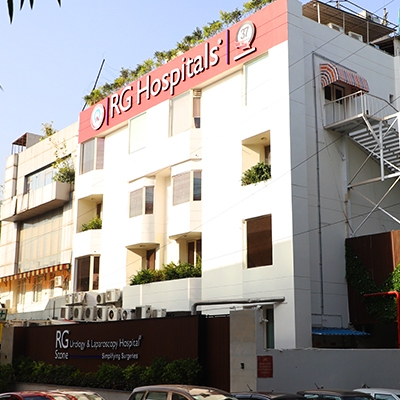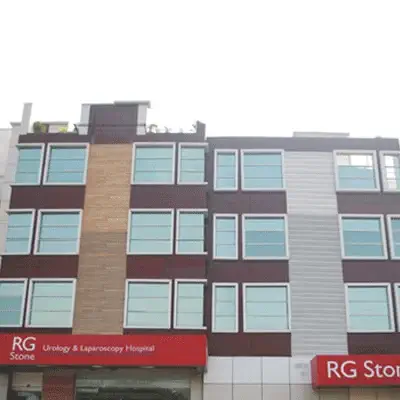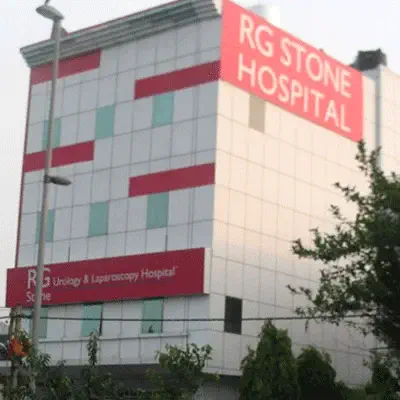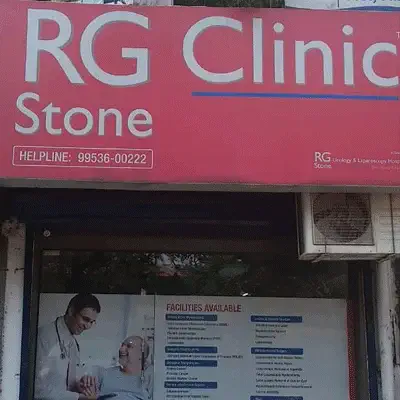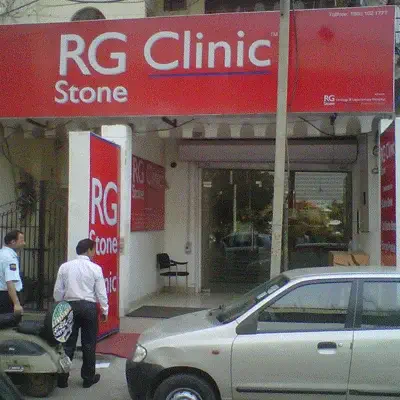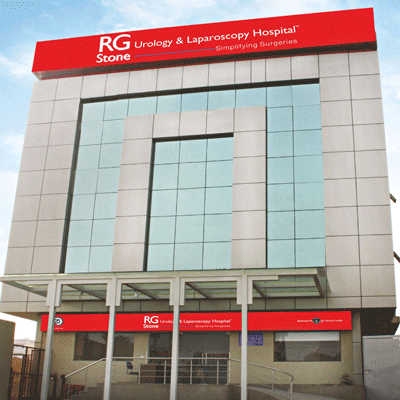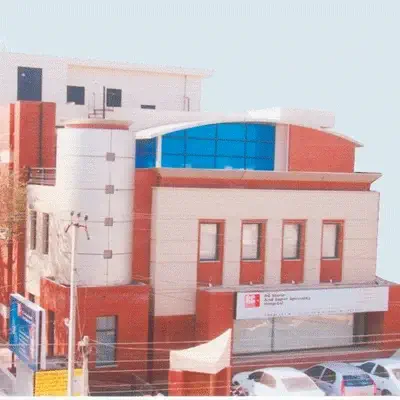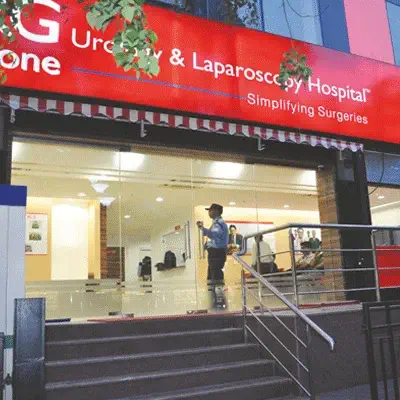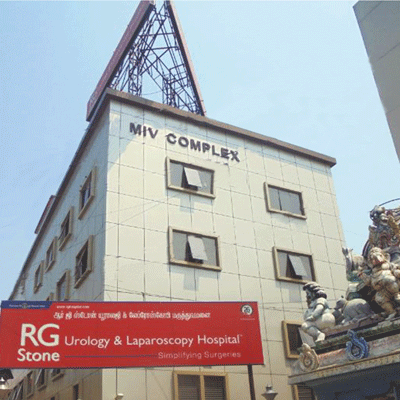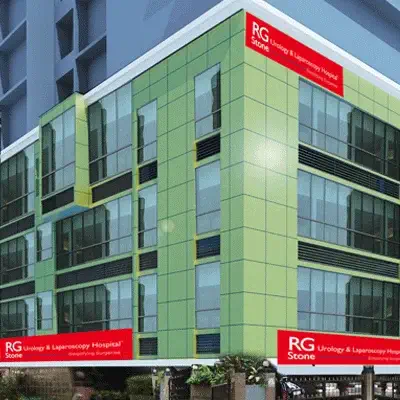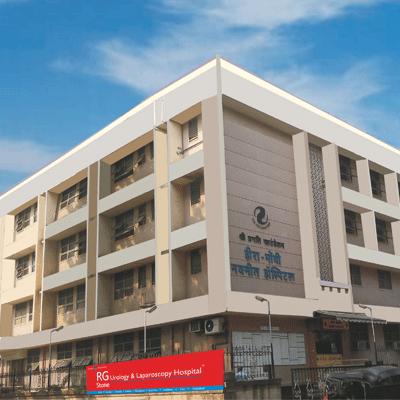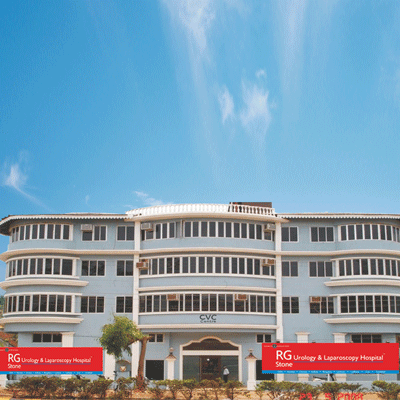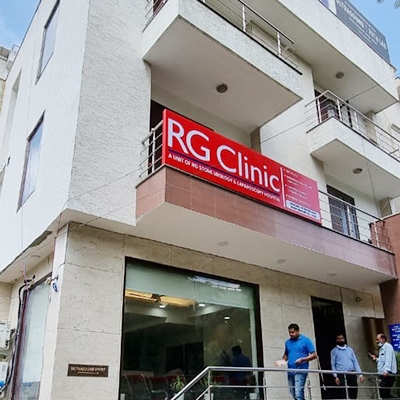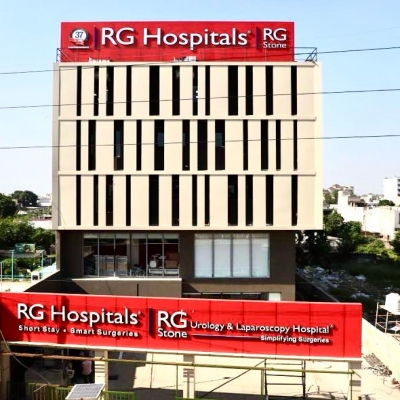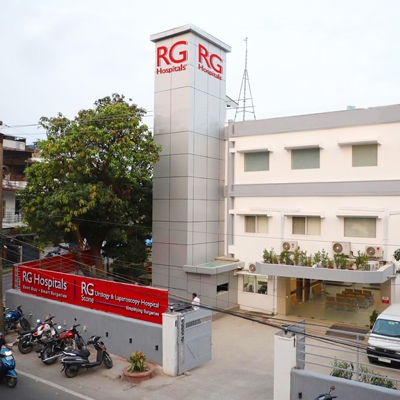Cirrhosis of the liver due to alcohol is a condition where the liver becomes severely scarred after years of heavy drinking. The scar tissue replaces healthy liver tissue, leading to the liver’s inability to function properly. As cirrhosis progresses, it can cause liver failure and lead to complications like portal hypertension, varices, liver cancer, and encephalopathy. Cirrhosis is often diagnosed through imaging tests and liver biopsies, which confirm the extent of liver damage. The disease is irreversible, but with proper medical care and lifestyle changes, the progression of cirrhosis can be slowed down.
Procedures & Interventions
The most important step in managing cirrhosis is to completely stop alcohol consumption. This helps prevent further liver damage and can improve liver function to some extent.
Diuretics and beta-blockers are commonly prescribed to manage complications like ascites and portal hypertension. In some cases, corticosteroids or other immune-modulating drugs may be used.
For individuals with end-stage cirrhosis, a liver transplant may be the only viable option. A successful transplant can restore liver function and improve the patient’s life expectancy.
Patients with cirrhosis often have nutritional deficiencies and need a special diet to manage malnutrition. Supplements, including vitamins and minerals, are often required.
Patients need regular monitoring and treatment to manage complications such as esophageal varices, hepatic encephalopathy, and infections.

The most important step in managing cirrhosis is to completely stop alcohol consumption. This helps prevent further liver damage and can improve liver function to some extent.

Diuretics and beta-blockers are commonly prescribed to manage complications like ascites and portal hypertension. In some cases, corticosteroids or other immune-modulating drugs may be used.

For individuals with end-stage cirrhosis, a liver transplant may be the only viable option. A successful transplant can restore liver function and improve the patient’s life expectancy.

Patients with cirrhosis often have nutritional deficiencies and need a special diet to manage malnutrition. Supplements, including vitamins and minerals, are often required.

Patients need regular monitoring and treatment to manage complications such as esophageal varices, hepatic encephalopathy, and infections.
Team of Excellence
Behind every recovery story at RG Hospitals is a team of exceptional doctors whose passion for healing and innovation continues to transform healthcare and redefine patient outcomes.
Find a DoctorLooking for an Expert
RG Hospitals is proud to be the home of some of the world's most distinguished doctors.

Patient Stories
View AllPatient Testimonial | Commitment To Care
Treated by Dr. Manoj Gupta , RG Stone Hospital, Dehradun
- All Locations
- New Delhi
- Haryana
- Punjab
- Kolkata
- Chennai
- Mumbai
- Goa
- Uttar Pradesh
- Uttarakhand


